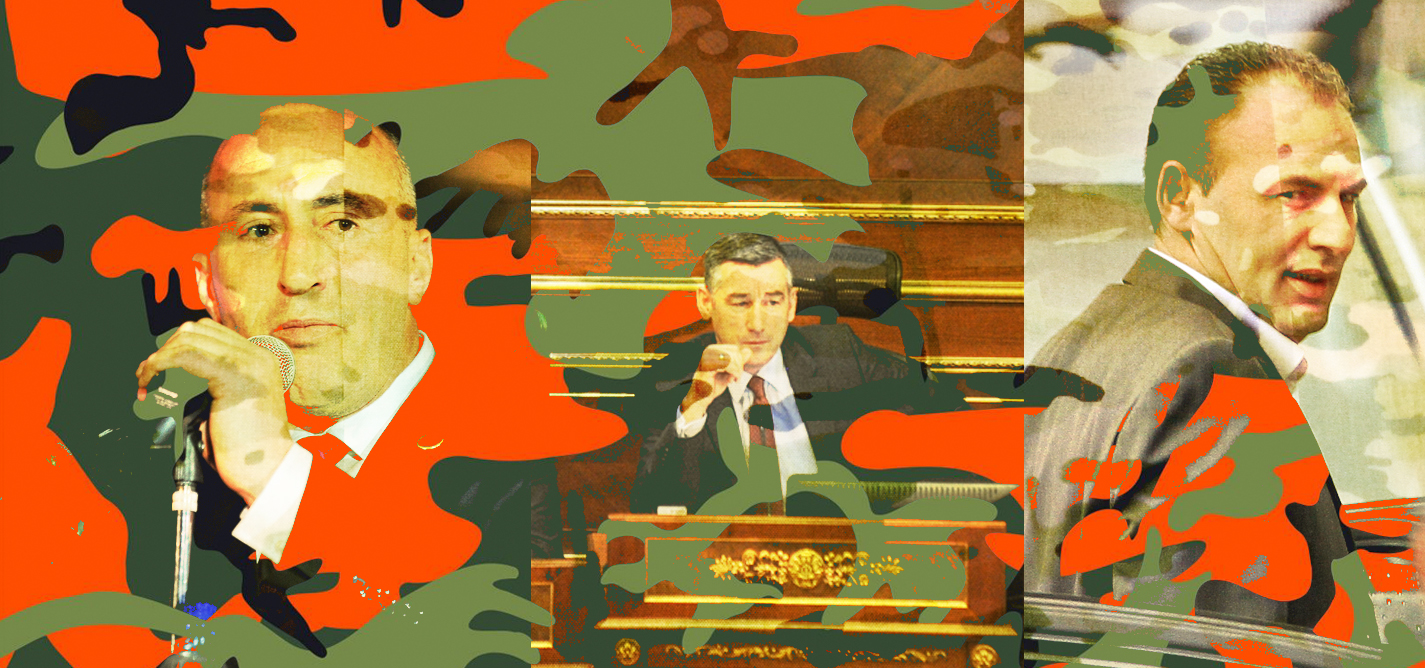
Kosovo politics is entering a Machiavellian era
New coalition between PDK, AAK and NISMA can only increase apathy among the electorate.
|17.05.2017
|
It is a move that will only enlarge and deepen mistrust in Kosovar politics, not only among the political spectrum, but in society at large, particularly among young people.

Eraldin Fazliu
Eraldin Fazliu is a former journalist at Kosovo 2.0. Eraldin completed his Master’s on ‘European Politics’ at the Masaryk University in the Czech Republic in 2014. Through his studies Eraldin became interested in the EU’s external policies, particularly in promotion of the rule of law externally. He is a passionate reader of politics and modern history.
DISCLAIMERThe views of the writer do not necessarily reflect the views of Kosovo 2.0.
This story was originally written in English.